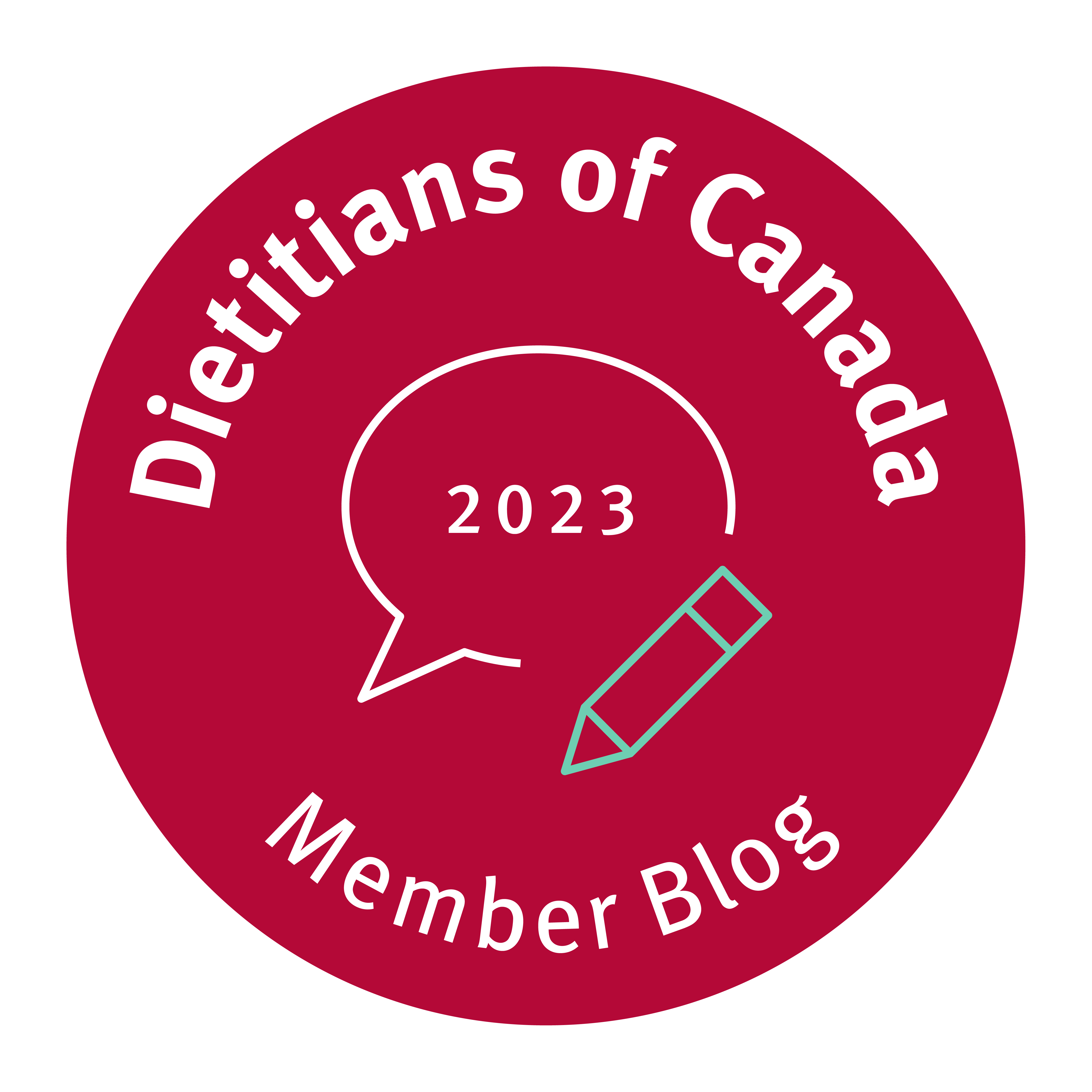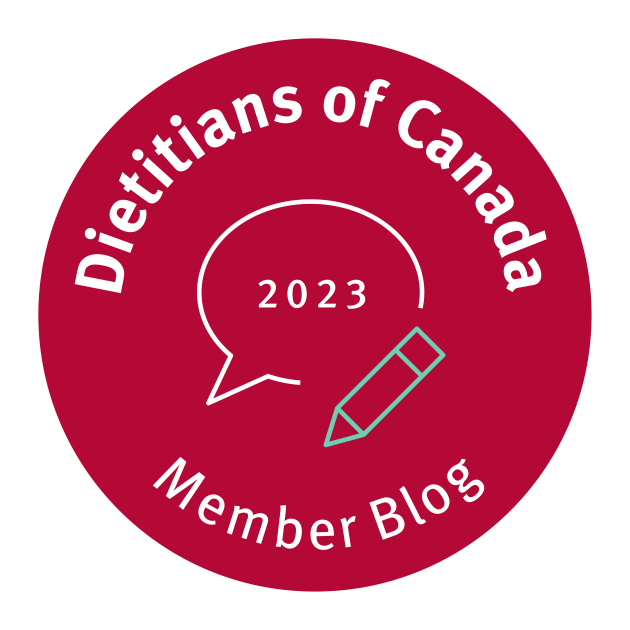“I recently went on a diet that excluded dairy. Are there not many cultures that don’t use milk? What are the consequences of a middle-aged female going dairy-free for a month, a year, or longer?” , asks Enlightened Eater Facebook fan Dorothy Dobson.
Dorothy, there are many reasons that people decide to cut dairy out of their diets – if they have an intolerance or allergy or simply dislike dairy products. Some do it as they eschew all animal products in favour of a vegan eating pattern. If these are the reasons, making up for the nutrient shortfalls is key.
But if you’re doing it for health’s sake, you need to look at the pros and cons of doing so. In cultures, such as in China, where dairy products have not been traditionally on the menu, the rate of osteoporosis in women over 50 years of age (50%) is double that of those in Canada (25%).
As well, those following a Paleo diet – the eating pattern based on the Paleolithic man – might consider whether it’s really the best eating style for them. The Paleo diet does not include any dairy products whatsoever. At the recent Whole Grains: Breaking Barriers conference, sponsored by Oldways and the Whole Grains Council, nutrition guru Dr. David Katz, of the Yale University Prevention Research Center, asked whether the Paleo diet, one that was followed by someone whose lifespan was only 40 years, would be the optimal choice for someone who might live 8 decades.
It’s a good question. (I will have more on his and other presentations from the conference in upcoming posts.) One thing’s for sure, though, they did not live long enough to experience many of today’s chronic illnesses including the bone-thinning osteoporosis.
First, here are some reasons to include dairy – especially lower fat products:
• Dairy products are linked to a reduced risk of type 2 diabetes
Considering that the rates of diabetes are soaring worldwide, strategies that reduce the risk are worthwhile considering. While numerous studies have shown a connection between consuming dairy products and protection from developing type 2 diabetes, the mechanism responsible for this is not clear. There are clues, though, that are emerging.
The high magnesium content of milk may be one factor as numerous studies pointing to the mineral as playing a role in defending against diabetes.
Other research has shown a connection between a compound in the blood called adiponectin and a reduced risk of diabetes. New studies are showing that consuming more low-fat dairy, but not whole/high-fat dairy, is related with higher levels of adiponectin.
• Lower fat dairy products may have blood pressure lowering effects
When scientists compared first compared 3 different eating styles –1) a typical Western diet, 2) one with plenty of fruits, vegetables, whole grains over refined and small amounts of lean meats, poultry and fish versus 3) the second with added low-fat dairy products, the final one had the same impact as low dose medication on blood pressure readings. This diet, now known as the DASH Diet– Dietary Approaches to Stop Hypertension- is an eating pattern that is routinely recommended for an assortment of health benefits including blood pressure regulation.
• Dairy products have a unique protective effect against bone thinning
You’ve likely heard about the controversy between calcium supplements and their possible connection to an increased risk of cardiovascular disease. Some studies show a link while others do not. So while you await the verdict on the issue, here’s some food for thought as to why the calcium in dairy products appears to act differently than supplements do. The supplements may also be similar to some fortified non-dairy beverages.
It’s been common thinking that for bone health, you simply need to meet your calcium totals, no matter what the source. But the research linking calcium to heart disease shows that, in some cases, the calcium may end up in blood vessels leading to calcification and hardening and thereby boosting the risk of artery disease.
The question is what factors affect whether the calcium consumed goes into blood vessels or into bones. One of these appears to be the nutrient vitamin K2, or menaquinones. When vitamin K2 is present, as it is in dairy products such as cheese and fermented options such as yogurt and kefir, the calcium seems to be directed towards the bones, rather than the blood vessels.
Fermented dairy products also seem to be the perfect delivery package for various probiotics are the dairy products protect the beneficial bacteria from being broken down by stomach acids on their way to the gut where they promote good health.
Now to some negative aspects of dairy. If you live in the U.S., the government allows the hormone bovine somatotrophin (r-bst)to be given to cows to increase their milk production. The use of these hormones raises concerns about possible negative effects on both human and animal health. Opting for organic milk would then be the best option. But Canadians can rest assured as it’s not approved for use here north of the border.
Other possible negative effects of dairy products include a very low risk for ovarian cancer in some women. But when you compare the pros and cons, consuming dairy products seems to provide a host of health perks, especially for a middle-aged woman, with very few cons.
l
Do you avoid dairy products and if so, why? Please share in the comment section below.





Thank you so much for this. Back to yogurt and kefir soon. And sheep cheese. And Parmesan.
My pleasure, Dorothy! Enjoy! Stay tuned for more on the topic.